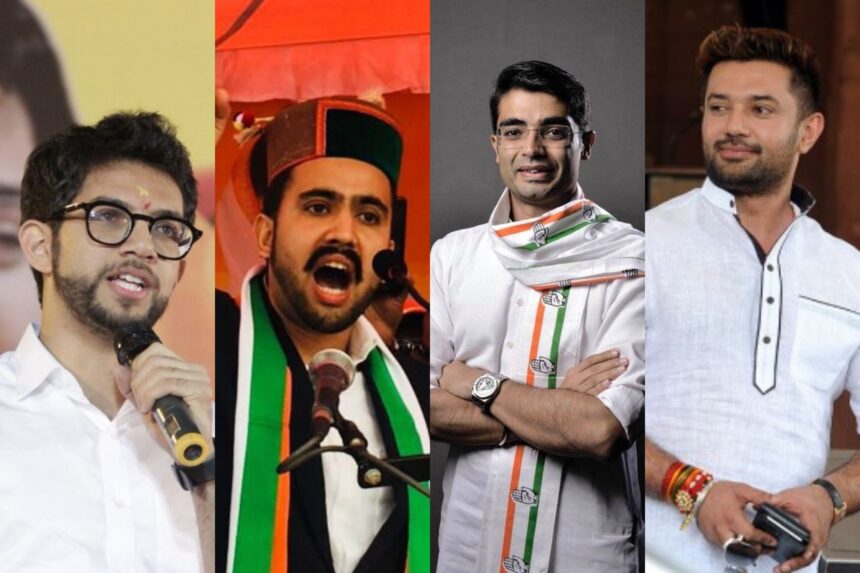In recent years, political disillusionment has become increasingly pervasive across many democracies, marked by voter apathy, distrust in institutions, and a general sense of skepticism towards political leaders. Amidst this backdrop, young politicians are often touted as a beacon of hope, potentially capable of rejuvenating the political landscape and restoring faith in democratic processes. This article explores whether young leaders can indeed be the antidote to widespread political disillusionment.
Introduction
Political disillusionment poses a significant threat to the health of democracies worldwide. It discourages active civic participation and erodes public trust in governance. Young politicians, with their fresh perspectives and innovative approaches, are seen by some as the key to reversing this trend.
The Rise of Young Leaders
Young leaders are stepping into the political arena with promises of reform and a different kind of politics. They often bring new ideas, energy, and a closer understanding of the issues that resonate with younger demographics, such as climate change, technological innovation, and social justice. Their approach can contrast sharply with the traditional politics that many voters find alienating.
Potential of Young Politicians to Address Disillusionment
Relatability and Representation:
Young politicians often mirror the demographics of a significant portion of the population that feels unrepresented. Their presence in politics can enhance the sense of inclusivity and representation within governmental institutions.
Innovative Communication:
Utilizing modern communication tools and social media, young leaders can engage with the public in more direct and relatable ways. This transparency and open dialogue can help rebuild trust and interest in political processes.
Focus on Long-term Solutions:
Young politicians are more likely to prioritize long-term societal well-being over short-term gains, addressing issues like sustainability and education reform that are crucial for future generations but often overlooked by older politicians.
Challenges Facing Young Politicians
While young leaders have the potential to combat political disillusionment, they also face significant challenges:
- Experience and Credibility: Young politicians may struggle with perceptions of inexperience and may find it challenging to gain respect among older, more seasoned colleagues.
- Systemic Barriers: Entrenched political systems and the influence of established elites can limit the effectiveness of young politicians, discouraging innovative changes and reinforcing disillusionment.
Case Studies
- Finland’s Sanna Marin: As one of the world’s youngest prime ministers, Marin has promoted policies that resonate with younger voters and has maintained high levels of transparency and engagement, presenting a model of how young leadership can positively impact political culture.
- New Zealand’s Jacinda Ardern: Ardern’s empathetic leadership style and effective crisis management have significantly restored trust in government, demonstrating the impact of youthful energy combined with a strong moral compass in leadership.
Conclusion
Young politicians hold substantial potential to address and possibly reverse political disillusionment through their relatable leadership, innovative problem-solving, and genuine engagement with the public. However, the effectiveness of young leaders depends not only on their individual capabilities but also on the systemic support and reforms that allow new ideas to flourish. For young politicians to truly rejuvenate the political system, they need not only the support of voters but also structural changes that facilitate a new style of governance.


Leave a Reply